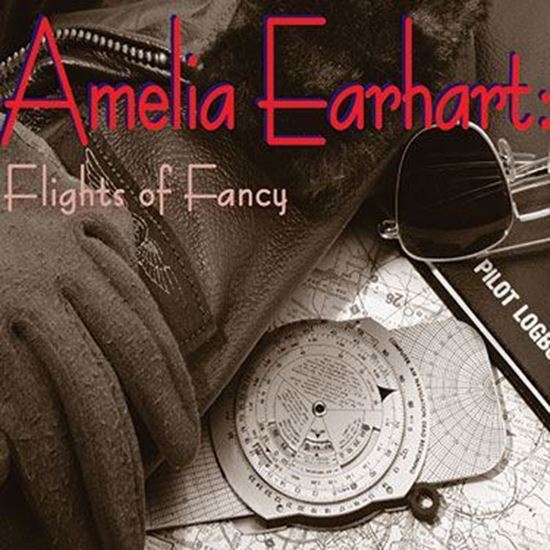



Amelia Earhart: Flights of Fancy
The early history of flight, alcoholism, the pressure of fame, dreams failed and fulfilled, and the never-ending need for courage are the themes of this play. It’s 1932 and Amelia Earhart is on her first great flight: a solo across the Atlantic. Her tiny cockpit becomes filled with specters of memory as she relives fragments of her life, fragments which challenge her right to fame and her ability as a pilot. Scenes flow seamlessly as she interacts with her family, including her alcoholic father, with other flyers, and finally with millionaire publisher George Putnam. He had arranged a money-making stunt flight where her fame and fortune were made. Now these memories and ghosts haunt Amelia on her trans-Atlantic solo, mocking her ambition and tormenting her with self-doubt. She summons her courage and completes the flight. Amelia goes on to become a genuinely accomplished pilot and American heroine. Her successes become the dreams of Mary B, a young girl to whom the flights of Amelia Earhart represent power, freedom, and the fulfillment of the deepest yearnings of her young heart.
